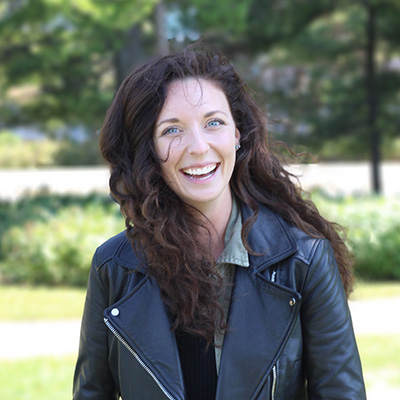Meagan Bell

Political economy of internet governance, data transparency and privacy, security and surveillance
Before beginning your studies at the Institute of Political Economy where did you study and what program were you enrolled in?
I completed my undergrad at Carleton with a double major in Communication Studies and Political Science, concentrating in International Relations.
What is it specifically that attracted you to study Political Economy at Carleton?
I was drawn to the Institute because I had the opportunity to choose my own academic adventure, so to speak. I wanted to cherry pick certain courses that were from a breadth of different departments, like Communications, Political Science, Legal Studies, and Political Economy. Studying at the Institute has given me the flexibility to take control of my own academic journey and learn about what specifically interests me, while maintaining a political economic perspective.
My areas of research interest include…
I am interested in the political economy of internet architecture; voluntary and legally sanctioned forms of regulation, issues of free speech, security and surveillance, and the fetishized demand for transparency online. More specifically, my research focuses on modern internet governance in Canada through the analysis of Transparency Reports.
What activities have you been involved in lately?
In terms of paid labour, I’ve been working lately for the Government of Canada’s Education Savings Program, where I help write/design content for Canada.ca. I was elected Chief Steward of CUPE 4600 at Carleton, and I help out with photography and web design for the Institute of Political Economy. I also taught a course this spring at Carleton for the EMCP program on Zines and Subcultural Resistance.
For pleasure? Biking. Always biking.
What advice would you give to a prospective Political Economy graduate student?
- Start training your body for all-nighters, if you haven’t already.
- Apply for as many grants as you can the year before you begin your M.A.
- Get involved at the University and get to know your peers/future support system.
- Seek out a faculty member who inspires you early on. Even if they don’t end up being your supervisor, having a mentor in grad school is like having a wizard friend if you’re a hobbit.
- Donna, the Institute Admin is always right.